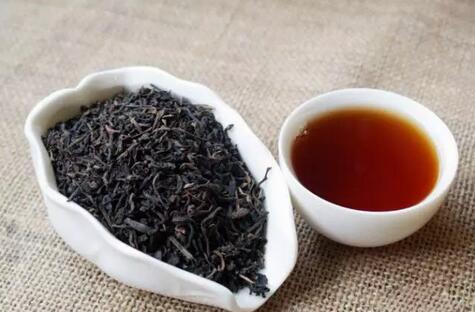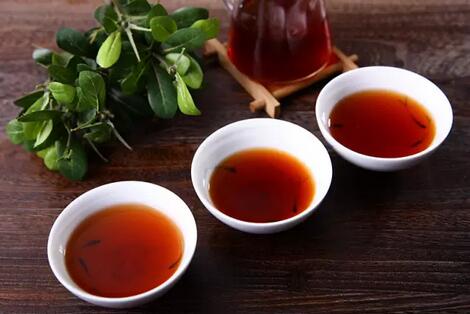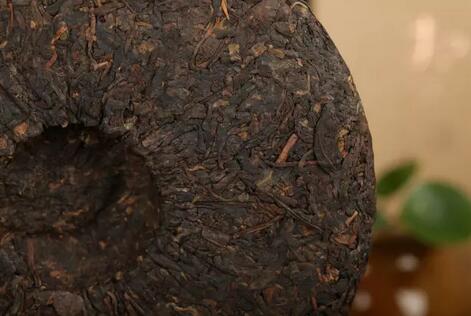Do you enjoy drinking ripe tea? Are you familiar with the following facts about ripe tea?
Is summer unsuitable for drinking ripe tea?
Not necessarily. The idea that summer is unsuitable for ripe tea is an assumption based on its reddish color, which seems 'hot.' However, reality isn't so straightforward. Firstly, ripe tea isn't inherently 'hot'—tea is originally cooling, and fermentation merely neutralizes its寒性 (cooling nature), making it温性 (mild). Thus, it doesn't increase body heat. Moreover, modern environments with widespread air conditioning often create cool indoor spaces, making寒性 (cooling) teas less suitable. Suitability depends on individual体质 (constitution) and living conditions.

Some report上火 (heatiness) or diarrhea after drinking ripe tea. Why?
This occurs but isn't necessarily negative. Traditional Chinese medicine views上火 (heatiness) as 'releasing toxins'—a healing process. Persistent consumption may help the body adjust. Mild diarrhea upon初次接触 (first exposure) similarly fades within days.

What are thehealth benefits of ripe tea?
Ripe tea offers over 20 benefits:暖胃 (stomach-warming), weight loss,降脂 (lipid reduction), preventing动脉硬化 (arteriosclerosis) and冠心病 (coronary disease), lowering血压 (blood pressure), anti-aging,抗癌 (cancer resistance),降血糖 (blood sugar reduction),消炎 (anti-inflammatory), detoxifying烟毒 (smoke) and重金属 (heavy metals), anti-radiation, dental protection, aiding digestion, and more. Its暖胃,降脂, and抗癌 effects are尤其突出 (particularly notable).

Why does some ripe tea taste sour? How to address this?
Sourness stems from: 1) tender leaves (e.g., spring buds), 2) excessive water during fermentation, 3) light fermentation (